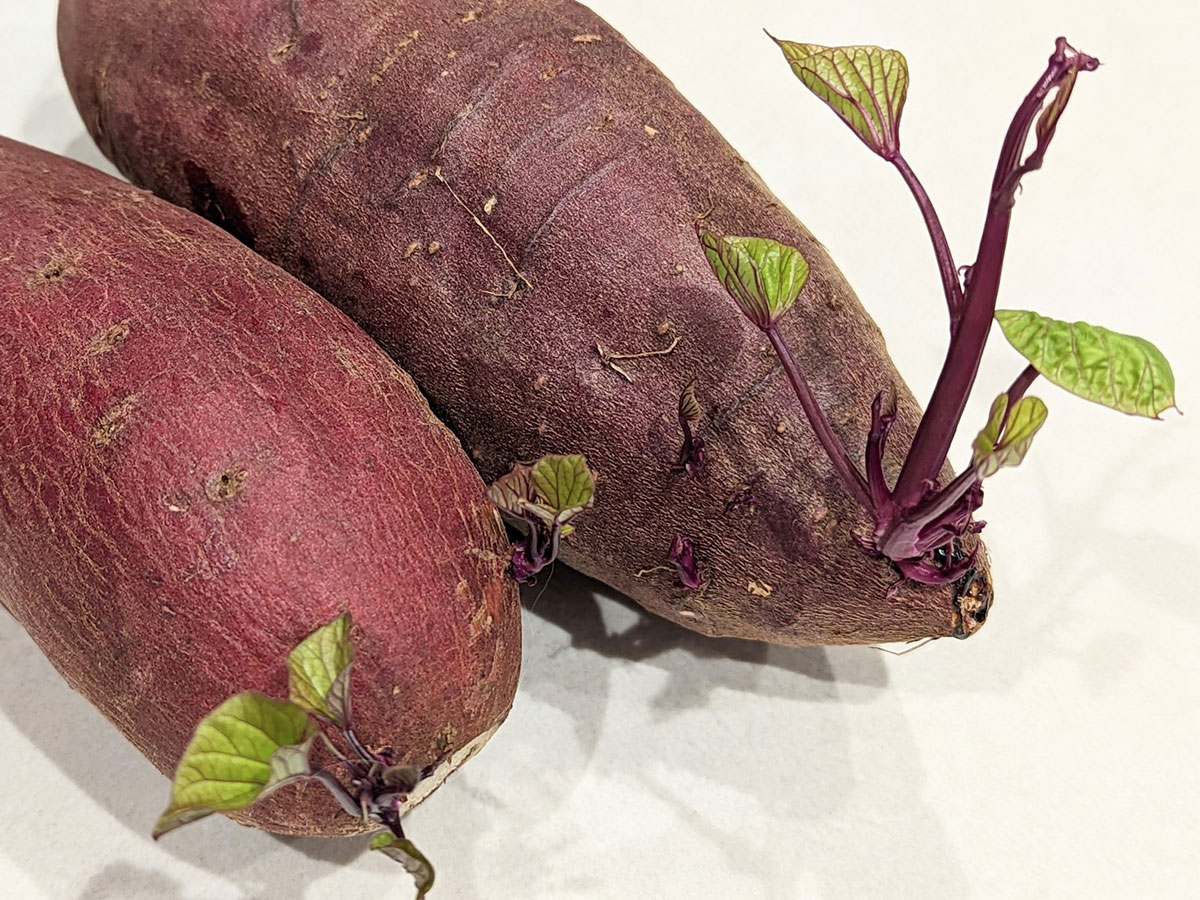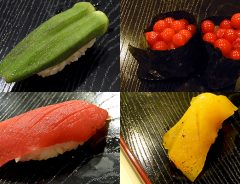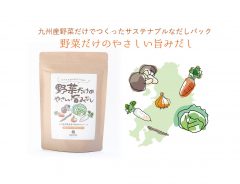
Source: 青髪のテツ Tetsu (@tetsublogorg) - image used with permission
Can you eat a sprouted sweet potato? Japanese produce specialist shares pro tips
- Tags:
- Advice / produce / sprouted / Sweet Potatoes / Tips / Vegetables
Related Article
-

Thinking of sleeping your way up? Don’t! Shoko Nakagawa has stern message for showbiz hopefuls
-

Sushi Chef Kurosawa’s Artistic Vegetarian Creations Will Surprise And Delight You
-

Crows Reward Friendly Japanese Twitter User, Neighbors Not So Lucky
-

You can help reduce food loss when you buy this vegetable dashi made with imperfect produce
-

Supermarket installs finger scanner in veg corner which evaluates your greens intake
-

After leaving their sweet potatoes alone for a month, Twitter user finds they’ve turned into Lovecraftian monster


Some of our readers may recall the startling images we shared earlier this year of a package of satsuma-imo sweet potatoes that had transformed after being left in the fridge for a month. The color and spiny shape of the sprouts may conjure up images of tendrils from some kind of Lovecraftian monster...
If it's recommended to cut out eyes in the case of potatoes and discard them if those eyes have grown into stems and leaves, what about the even "scarier" looking sprouted sweet potato?
If you're wondering about this (and chances are you eventually will, since sweet potatoes sprout easily and quickly), Japanese Twitter user 青髪のテツ Tetsu (@tetsublogorg), an experienced and knowledgeable clerk in charge of the produce corner at a Japanese supermarket, has just one word of advice:
Don't throw them away!
Reproduced with permission from 青髪のテツ Tetsu (@tetsublogorg)
Tetsu explains that "unlike potato sprouts, which are toxic" (containing solanine, a substance that can make you quite sick), "sweet potato sprouts do not."
Therefore, there's no problem in eating them and it's a shame to throw them out. However, there is one caveat. "If you leave them so long that they sprout," he explains, "they won't be as tasty and their nutritional value will go down." This makes sense, since the nutrition goes up to the sprouts as they grow. "For that reason, you should eat them as soon as possible," Tetsu notes.
In fact, the sprouts are edible. They're good stir-fried with sesame oil and garlic, for example!
If you'd like to see more pro veg tips from Tetsu, you can peruse our past articles here.